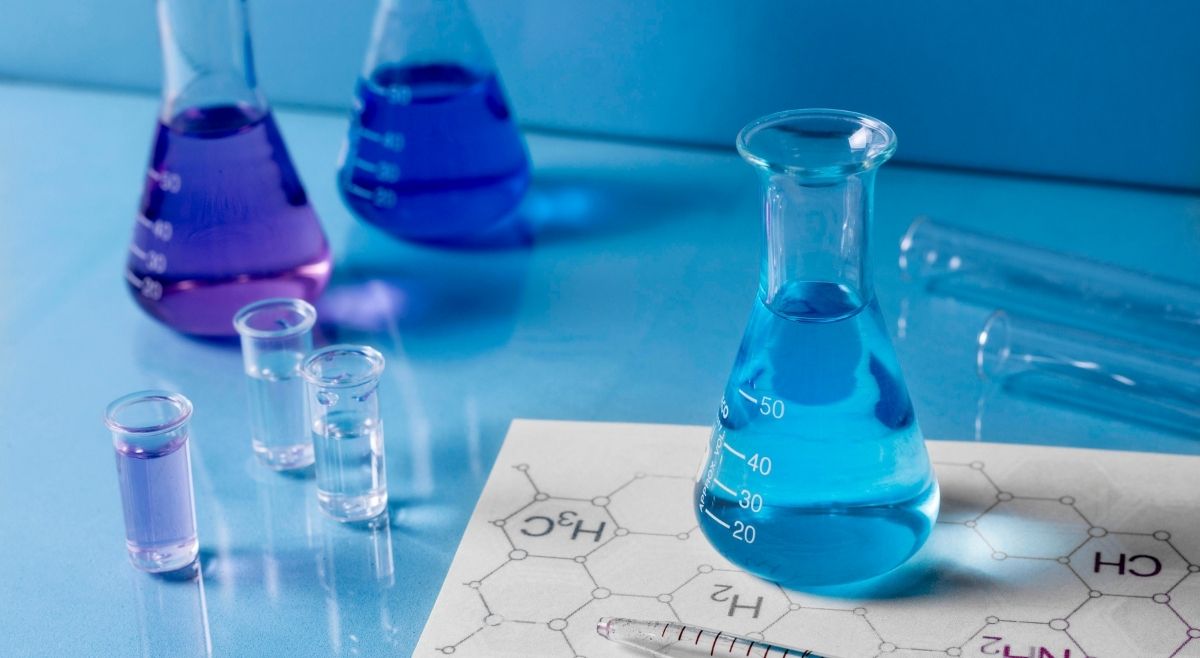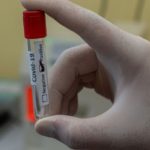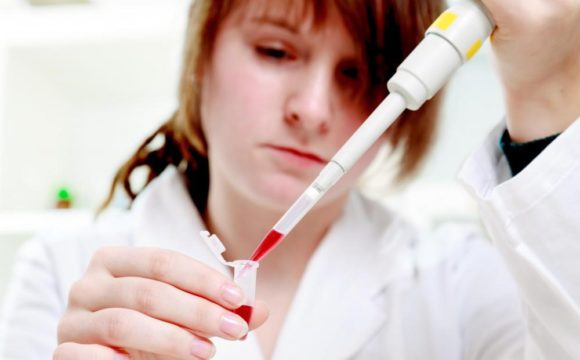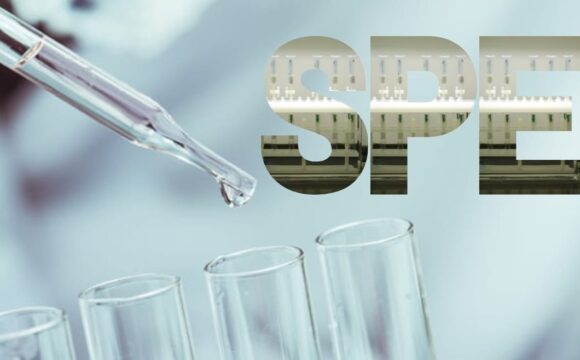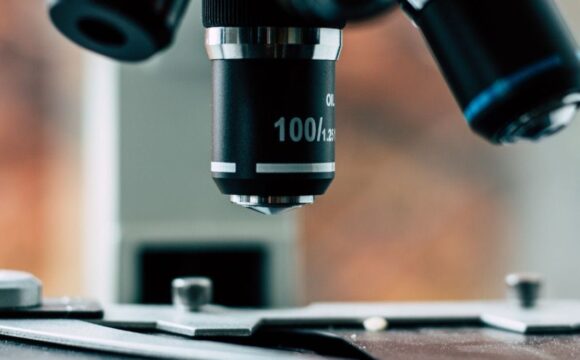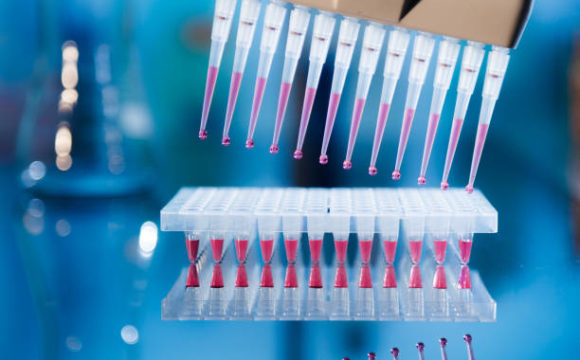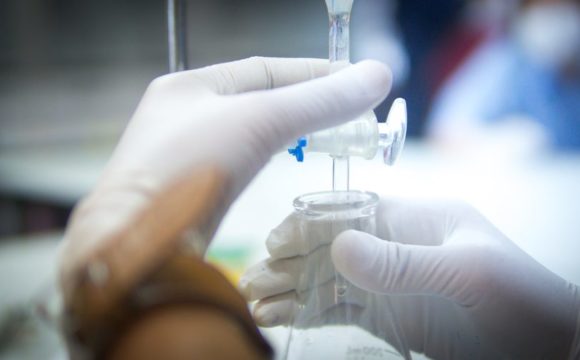Does buying a chemical that too of a specific grade confuses you? You are not sure about which grade chemical or reagent is suitable for your experiment or how exactly these grades are relevant to your experiment? What is actually a reagent grade?
Don’t worry! We have got all your doubts covered in our article.
A chemical has generally imprinted a monograph detailing every information including molecular weight, solubility, appearance, safety and one of the most important factors purity. Grade of a chemical reagent is directly related to its purity.
These chemical grades are categorized under several categories. Out of those several categories the most purest chemical grades is categorized under ACS and reagent grade. While the most commonly used chemical grades are laboratory, ACS and reagent grades.
Now let’s have a look to what the other grades and what they actually mean:
- USP Grade: The chemicals that fulfils or surpass the requirements of the United States Pharmacopeia (USP) belongs to this category.
- ACS Grade: The chemicals that fulfils or surpass the requirements of the American Chemical Society standards along with the highest purity are categorized under ACS grade. It is often used in the analytical research and laboratory applications.
- Reagent Grade: Reagent grade is another high purity grade whose purity level is almost equal to the purity level of the ACS grade. It is used in most of the scientific research areas where the quality cannot be compromised. It is mostly used in developing primary standards as well as for the Qualitative analysis in a research laboratory.
- NF: The chemicals that fulfils or surpass the requirements of the US National Formulary. Though now the USP and NF grades are merged together and often termed as the USP-NF.
- Laboratory Grade: A relatively high quality chemical grade along with some unkown impurities. Perhaps its purity is considered safe enough to be used in the educational laboratories, but it cannot be used in the drug or food manufacturing.
- Purified Grade: It is often termed as practical grade. Chemicals belonging to this category are not officially standardized but the purity is relatively high. This grade is also used in the educational laboratories but it is not good enough for drug and food manufacturing.
- Technical Grade: Chemical belonging to a technical grade are 80-90% pure, which is considerably low when compared to the other grades. It is often used in qualitative testing.
- HPLC Grade: An HPLC grade generally involves buffers, solvents as well as ion pairs of the optimum purity that can be used in the HPLC applications (mobile phase).
Some of the other Grades used:
- Ultra Pure reagents.
- Food Pharmaceutical grades involving BP, EP, FG.
- AAS/ICP Standards.
- Molecular Biology grade.
- Reference Standards involving BP and EP testing.
- Spectroscopy Grade.
Now while buying chemicals, apart from the grade, you also need to look at 2 important documents, i.e. MSDS and COA. Lets us know what information do we get from these.
MSDS:
Apart form the purity, it is very important to check the MSDS (often just referred as SDS) information that is provided along with the chemical. The MSDS (Material Safety Data Sheet) contains the data that will guide you how to safely handle the chemical along with the information about the hazards that include reactivity, fire hazard, health risks, etc. It is extremely necessary to check these documents to ensure the safety of a personnel while working with the chemicals.
Certificate of Analysis (COA):
A certificate of Analysis is a quality assurance certificate specifically given to those products that fulfills the criteria of a product specification. COA is allotted on the basis of actual tests performed and results obtained from those tests with respect to the quality control of that product.
Thus, it is always the best to be extra sure what you are dealing with.
So, now that you are ready to buy chemicals, here is how you can buy online on Biomall !
Biomall is a one stop destination where you will find each and every chemical product required. Over 20 brands available to compare and buy your chemical !
All chemicals sold on our website (https://www.biomall.in) are completely certified and comes with an MSDS data sheet to help you while handling.
Here is a guide to how you can buy a chemical from our website.
- Search by Keyword, Catalog no. or Cas no.:
- Let us consider an example of Potassium hydroxide you want to buy. You can look for this product on our website by entering the keyword which is potassium hydroxide, or the catalog number/cas number as shown below.

Enter the keywords/cas no./catalog no. in the search dialog box and you are good to go.
2. Place order:
- Now if you want to buy the product just hit the buy now button that will take you to our purchase page and if you want to buy more than one product feel free to add them in the cart.

- After you hit the buy now button you have to register by filling a short online form.
- You will receive an OTP on your email and mobile device that you need to enter and you are good to go.
- Check your cart total and accept the terms and conditions and add the shipping address.
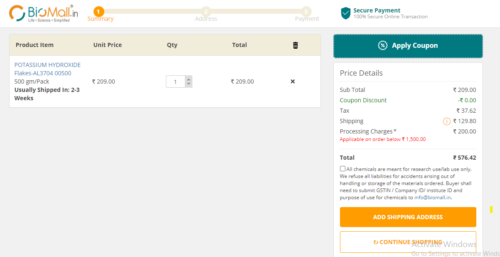
- After adding the address you will be taken to the purchase page where you need to choose you suitable payment option and then the product gets delivered to your doorstep !
In case you have any questions, you can reach out to us: info@biomall.in



